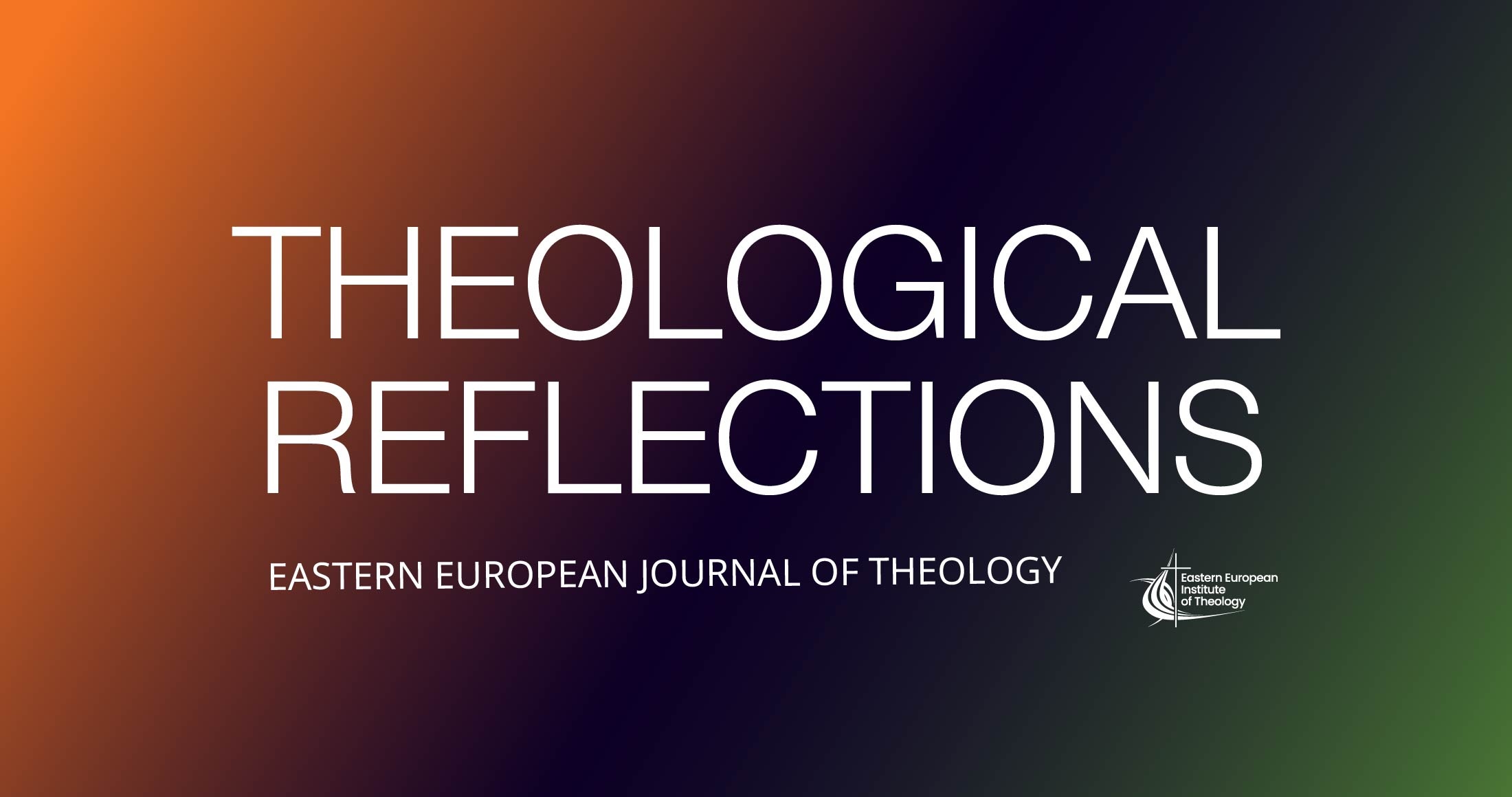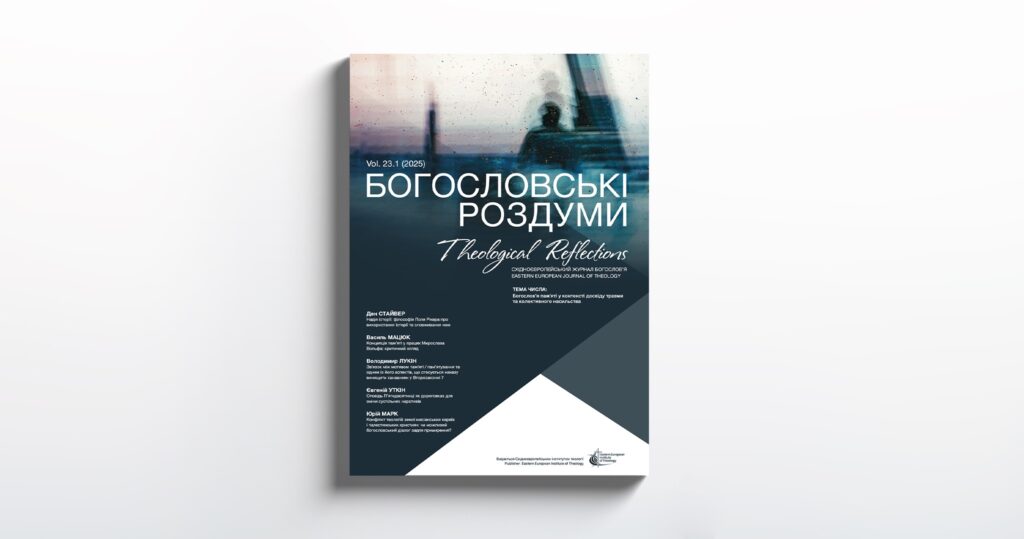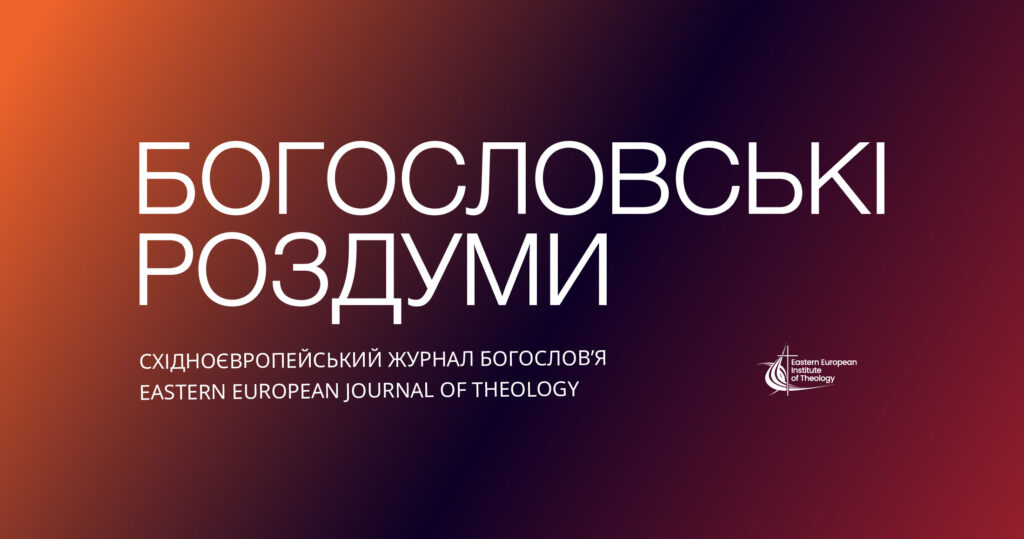Theological Reflections Invites You to Publish Articles in Issue 23.1 Theology of Memory in the Context of Experiencing Trauma
Memory plays a key role in forming and preserving personal, social, and cultural identity. It is no coincidence that the Book of Revelation chastises those who have forgotten their first love. There are different ways of reconstructing the past, but they all involve a complex interweaving of the past with the present and the future. The fragility and fragmentation of memory link the concept of the past to two other concepts: remembering and forgetting. This issue of the journal aims to explore the intersections of remembering and forgetting from different theological perspectives, as well as the relation between other complex processes of memory, such as disregard, denial, alienation, and imagination, the recovery of memories, and the individual and collective reconstruction of relations with the past. Given the interdisciplinary nature of memory studies, we will accept for publication in this issue not only theological studies but also articles that consider philosophy, anthropology, sociology, neurophysiology, cognitive science, literary studies, and other disciplines.
For a theological reflection on these issues, the editorial board invites authors to submit articles that address the following matters:
We accept original and overview articles, as well as reviews that cover this complex topic. The length of the article should not exceed 5,000 words.
The deadline for submitting materials is February 15, 2025. The date of publication of the issue is May 15, 2025.
Manuscripts can be submitted electronically via the journal's website http://reflections.eeit-edu.info/about/submissions. Guidelines for authors are available here http://reflections.eeit-edu.info/guidelines. For additional questions and suggestions, please contact reflections@eeit-edu.info.



